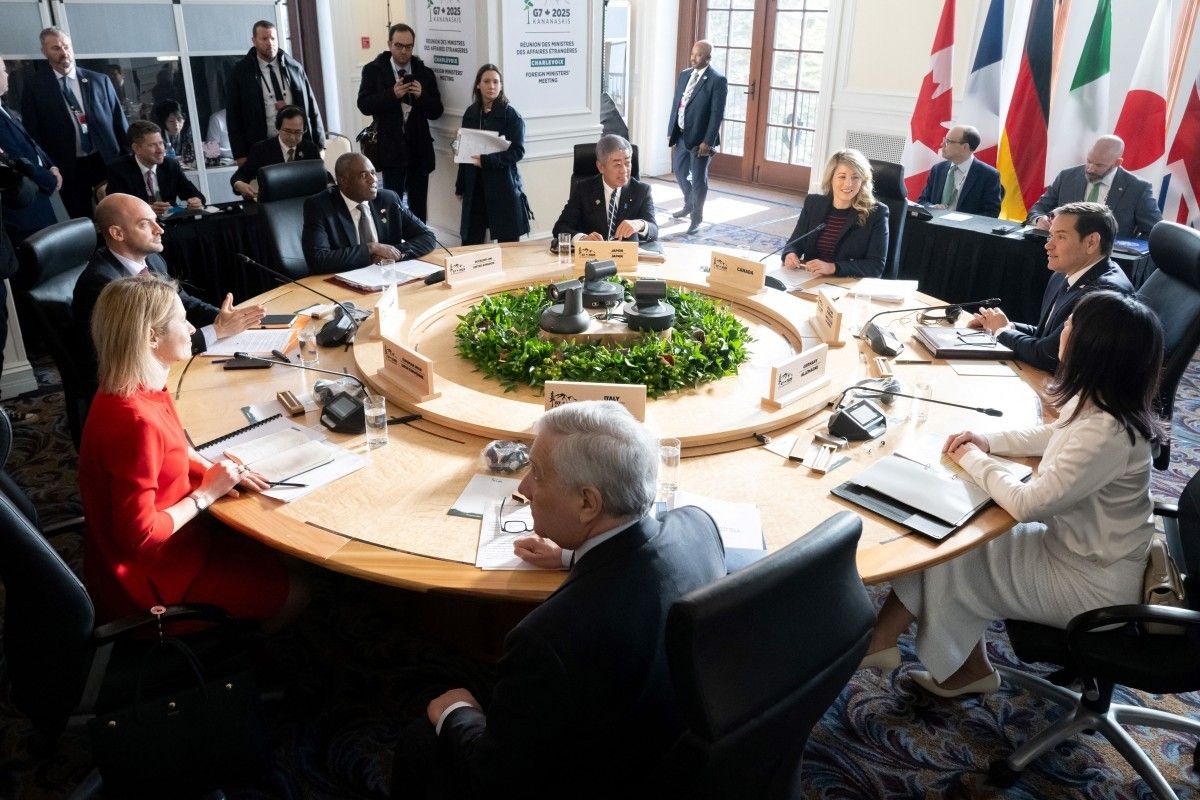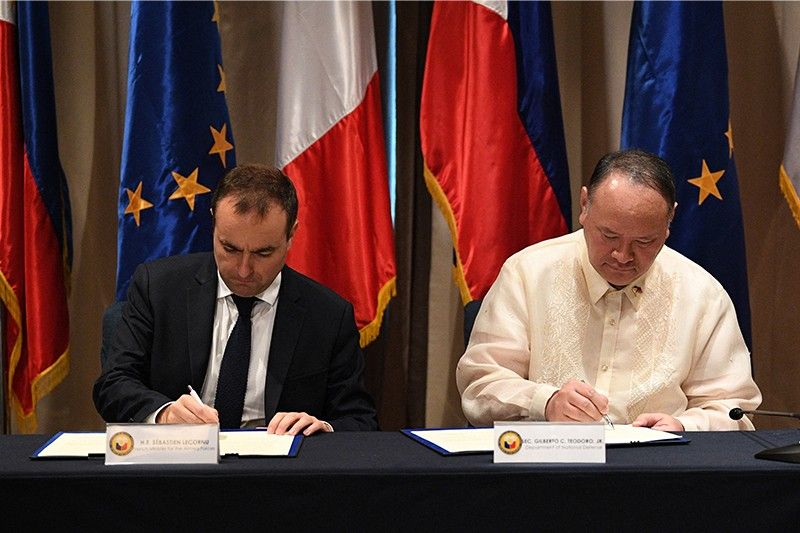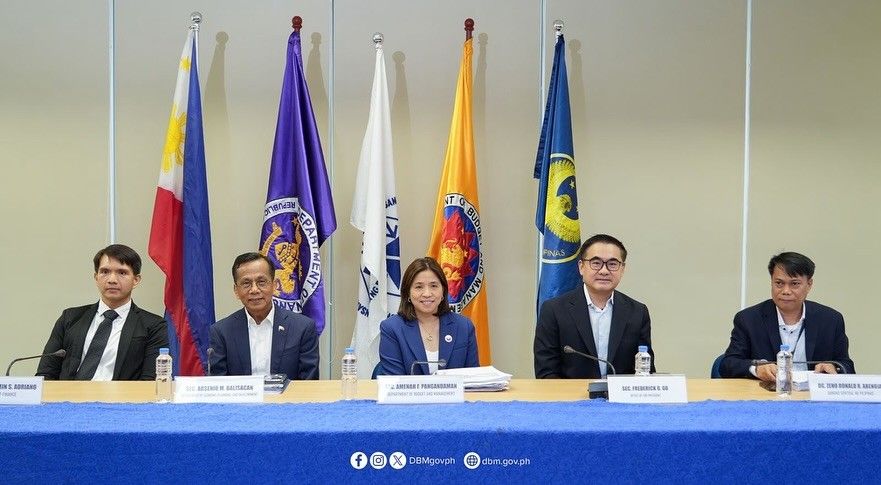
Upgrade to High-Speed Internet for only ₱1499/month!
Enjoy up to 100 Mbps fiber broadband, perfect for browsing, streaming, and gaming.
Visit Suniway.ph to learn
Helen Flores, Janvic Mateo - The Philippine Star
May 3, 2025 | 12:00am
MANILA, Philippines — The Philippines remains a “difficult” country for journalists even as it improved to its highest ranking in over two decades in the annual press freedom index released by media watchdog Reporters Without Borders (Reporters Sans Frontières/RSF).
From 134th out of 180 countries last year, the Philippines jumped 18 spots to 116th in the index released yesterday, the eve of World Press Freedom Day.
It was the country’s highest ranking since 2004, when it placed 111th out of 167 countries.
Despite the improvement, the Philippines was still tagged as a “difficult” country for journalists, the second lowest out of the five classifications assigned by RSF.
Based on the latest index, the country scored 49.57 out of 100, up from last year’s 43.36.
The classifications are as follows: “good” (above 85), “satisfactory” (70 to 85), “problematic” (55 to 70), “difficult” (40 to 55) and “very serious” (below 40).
The scores are based on five indicators: political, economic, legislative, social and security.
The Philippines improved in all five indicators. It scored the highest in terms of security (61.57, from 44.44), followed by social (54.69, from 51.64), legislative (52.4, from 47.48), political (39.62, from 36.14) and economic (39.58, from 37.11).
Globally, RSF noted that economic fragility has become a leading threat to press freedom.
“Guaranteeing freedom, independence and plurality in today’s media landscape requires stable and transparent financial conditions. Without economic independence, there can be no free press,” said RSF editorial director Anne Bocandé.
“When news media are financially strained, they are drawn into a race to attract audiences at the expense of quality reporting and can fall prey to the oligarchs and public authorities who seek to exploit them,” she added.
Bocandé said impoverished journalists lose their means to the enemies of the press, particularly those who champion disinformation and propaganda.
“The media economy must urgently be restored to a state that is conducive to journalism and ensures the production of reliable information, which is inherently costly. Solutions exist and must be deployed on a large scale,” she said.
“The media’s financial independence is a necessary condition for ensuring free, trustworthy information that serves the public interest,” added the RSF editorial director.
Like last year, Norway topped the index with a score of 92.31. It was followed by Estonia (89.46), the Netherlands (88.64), Sweden (88.13), Finland (87.18), Denmark (86.93), Ireland (86.92), Portugal (84.26), Switzerland (83.98) and Czechia (83.96).
At the bottom of the list are Eritrea (11.32), North Korea (12.64), China (14.8), Syria (15.82), Iran (16.22), Afghanistan (17.88), Turkmenistan (19.14), Vietnam (19.74), Nicaragua (22.83) and Russia (24.57).
In Southeast Asia, ahead of the Philippines are Timor Leste at 39th, Thailand at 85th, Malaysia at 88th and Brunei at 97th. Following the Philippines are Singapore at 123rd, Indonesia at 127th, Laos at 150th, Cambodia at 161st, Myanmar at 169th and Vietnam at 173rd.

 1 month ago
16
1 month ago
16



